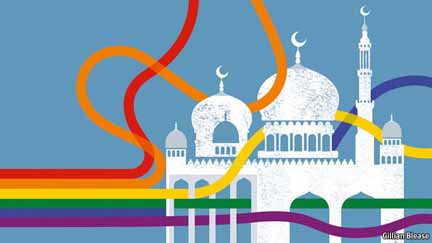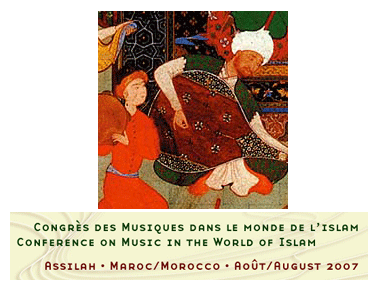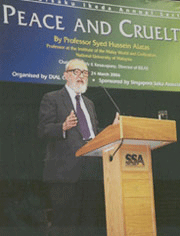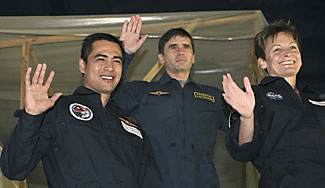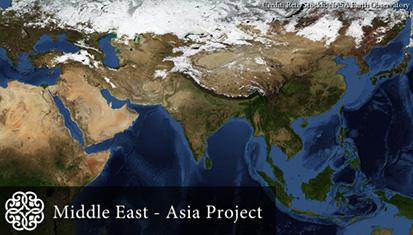
The Middle East-Asia Project (MAP) is an initiative undertaken by the Middle East Institute which is designed to serve two broad objectives:
1. To promote awareness and understanding of the multidimensional relations between the Middle East and Asia by providing information and analysis on cross-regional economic, political, security, and social/cultural interactions and their implications; and
2. To foster collaborative research and other activities regarding Middle East-Asia relations through establishing an online community of experts and forging institutional partnerships.
The Cyber Library contains publication details, abstracts and live links to full text versions of previously published works on Middle East-Asian affairs organized by country and by topic/issue.
The Experts Directory contains the profiles and contact details of a worldwide network of academics, business leaders, diplomats, journalists, researchers and other practitioners affiliated with the MAP.
The Infographics project element consists of periodically updated charts, tables and timelines depicting key trends and developments in trade, investment, migration, and other spheres of cross-regional activity.
The Publications element is organized as follows: Continue reading Middle East and Asia Project
